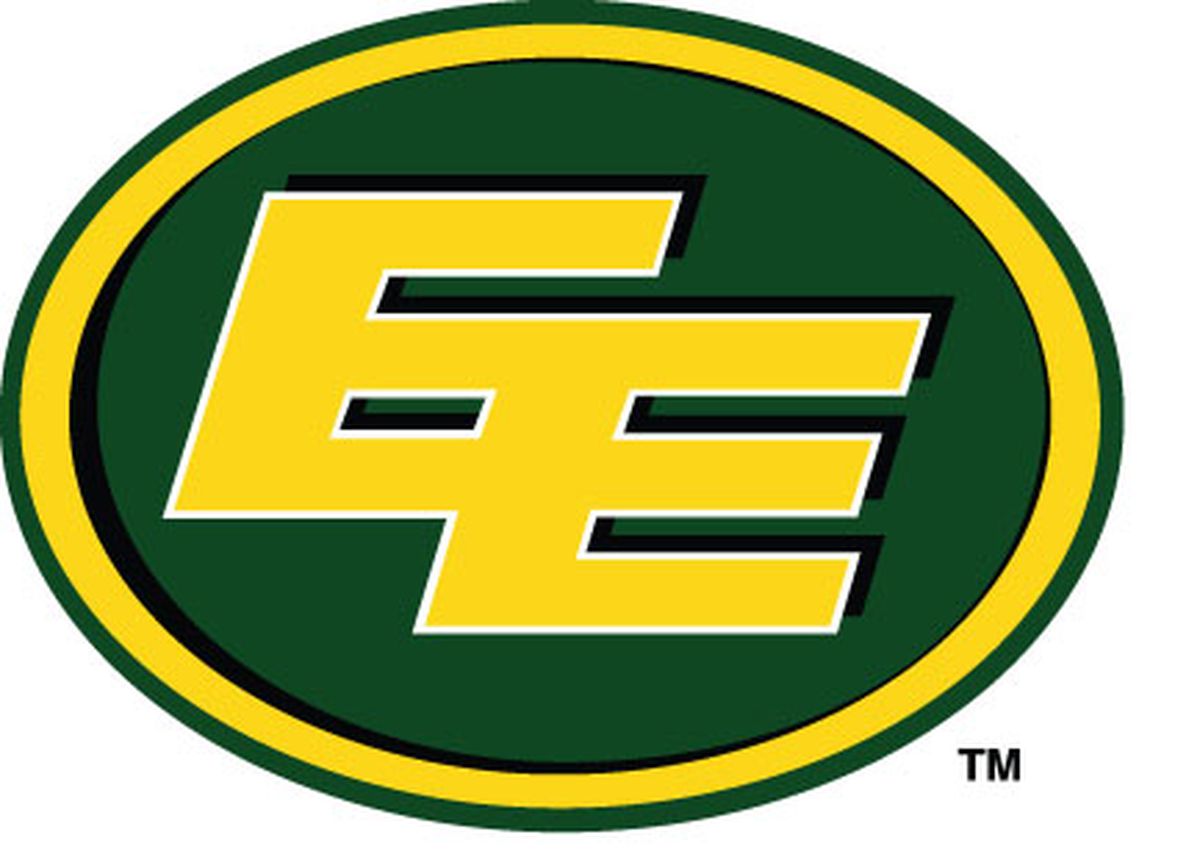PROJECT 2 - Indigenous Mascots
Introduction
 Some
sports teams in Canada and the United States have names and mascots that are
controversial because of how some believe they are offensive as they negatively
stereotype North American Indigenous people.
Some
sports teams in Canada and the United States have names and mascots that are
controversial because of how some believe they are offensive as they negatively
stereotype North American Indigenous people.
From the late 1400’s to the 1900’s, North American Indigenous people were subjected to the process of colonization by white, European settlers and governments. Colonization describes when white Europeans began taking control of land and resources in North America from Indigenous people living in North America, and controlling Indigenous language and culture so that they would abandon their Indigenous cultural identity and assimilate to white European culture.
Part of the colonization process included white European people using language and imagery to control Indigenous people and their culture. For example:
● Indian was a name used to describe all North American Indigenous people in a general way. It is believed that the word indian came from Christopher Columbus in the late 1400’s when he believed he discovered the “East Indies” (Asia) when in fact he had landed in the Caribbean. However, there were hundreds of different Indigenous societies and peoples, all with their own names for their cultures (Cree, Blackfoot, Anishinabe, Dakota, Haida, Mohican, etc)
● Redskin was a derogatory racial slur created by white Europeans in America towards North American Indigenous people. For years, Indigenous people were called “red men” due to their darker skin colour, however, “redskin” became more of a negative racial word meant to be derogatory.
● Eskimo is a culturally offensive word used to describe Inuit people who lived in northern Canada, Alaska, and Greenland. The name eskimo was derived from the French word esquimaux which translated means “eaters of raw meat”. Today Inuit people consider the word eskimo to be outdated and some find it to be a racist slur.
● The image of the aggressive and violent Indian was perpetuated in literature, TV, and movies during the 1800’s and 1900’s in North America. Indigenous people were stereotyped as aggressive, warlike people who attacked white settlers and communities unprovoked.
The colonization era is over in Canada and the United States, however, the legacy of colonization continues today. In the United States, the word indian is still used in reference to Indigenous people, and in Canada although most people have adopted the term First Nations, Metis, and Inuit in reference to Indigenous people in Canada, the word indian is still used as legal reference (Indian Act, status Indian). Other legacies that still exist are negative stereotypes about Indigenous people, that they are alcoholics, drug users, and violent criminals. This is largely due to the media portraying Indigenous people using stereotypical characters in the news, TV, and films.
Several sports teams have controversial names and mascots that personify the legacy of colonization of Indigenous people. While some people believe this is not an issue, others think it’s time for some teams to change their names to be more culturally appropriate. During 2020, teams that previously vowed they would never change their name or mascot have reversed that decision.
What do you think? Should these changes be happening in the world of sports?
Read on for more details.